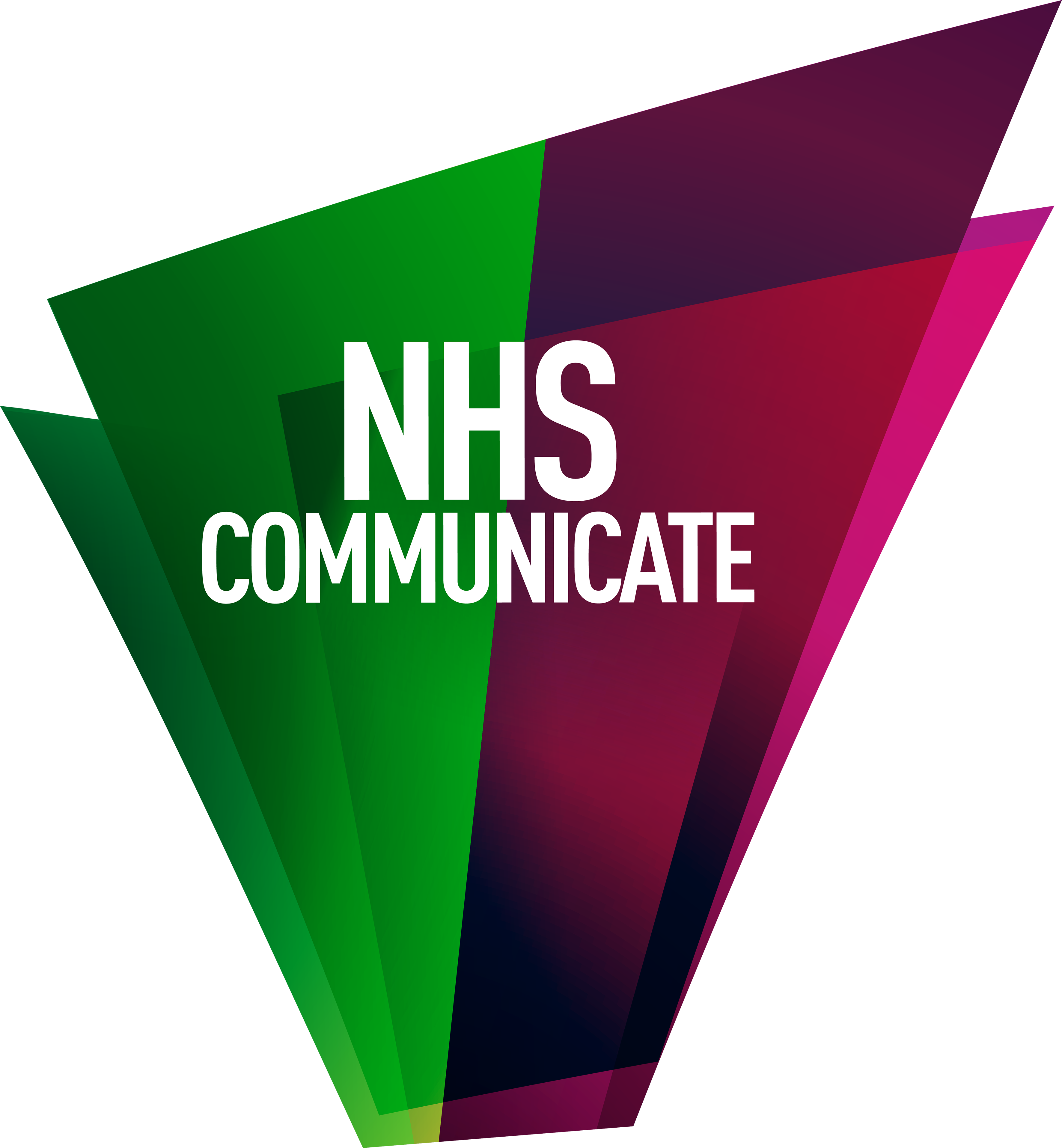To change public perceptions of the NHS, we must commit to comms
Poll after poll for years has shown the public's support for the NHS. Yet, the latest British Social Attitudes survey has shown that public satisfaction is crumbling as quickly as services are struggling to meet demand since Covid-19. For communicators in the NHS and across the healthcare sector, this creates major challenges.
Firefighting in NHS comms
Increasingly, NHS communications teams are having to react to negative stories about waiting lists, lack of GP appointments or cancelled operations. While this is of little surprise given the size of waiting lists and staffing shortages, it can hinder opportunities to communicate the many positive news stories about staff, recent successes or new facilities. All too often we hear that these teams are stretched and firefighting as fresh concerns about local health services materialise.
This is being exacerbated by cutbacks. Just like other parts of the NHS, communication departments have not been immune to budget cuts. Over a quarter of those in the recent NHS Communicate survey referred to staff budget cuts and over a third reported cuts to their wider budgets.
Politicising the NHS
A more sceptical public, informed both by what they experience and by what they consume in the media, will feed political stakeholder complaints. Healthcare is becoming increasingly politicised ahead of the elections. Just last week we've seen Shadow Health and Social Care Secretary Wes Streeting reject the idea that paying privately for quicker access to healthcare is in any way a 'betrayal' of NHS ideology. Politicians are readily criticising local NHS services, magnifying problems and feeding a predominantly negative news cycle. In the context of historic underinvestment and rising demand for healthcare services, for public relations (PR) managers there's no quick fix.
However, I believe there are six strategies for success.
- Firstly, the NHS needs to maximise the PR resource that it has at its disposal. Networking its PR departments across trusts and boards.
- Secondly, artificial intelligence (AI) can bring productivity benefits. The benefits of AI are still not being fully realised in many PR departments.
- The profession itself needs to attract talent through the application of better diversity and inclusion strategies to ensure our communications departments reflect the populations they serve.
- Buy in talent and expertise – in a strategic way. Working alongside in-house professionals, PR consultancy services can bring not only much-needed additional capacity, but also expertise when it matters most, such as addressing crisis issues.
- Don't ignore your political stakeholders. It is vital to ensure all political stakeholders have access to regular factual information, especially in an election year.
- Finally, PR managers across the NHS need a voice at the top table. Without direct access to the chief executives, senior managers and chairs, PR managers will invariably have to react to events, rather than prepare the groundwork and find creative solutions.
Good communications in healthcare need not cost a lot, and the return on investment can often be huge, but it does require commitment from the top, a total commitment to diversity and inclusion to attract the top talent, and a flexible mindset. It may take some time for positive public attitudes to the NHS to return, so PR departments need to be prepared for the long-haul and get into shape now.
You can follow Ross on LinkedIn or on X (formerly Twitter).

